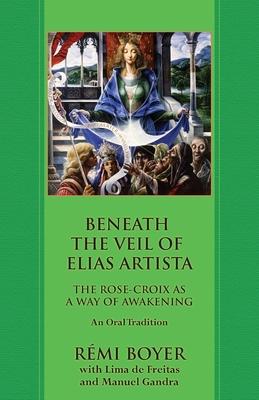This work seeks to distinguish the Initiation in the Garden, to which the Rose-Croix is connected, from the Initiation in the City, with which Freemasonry is associated. This distinction, which is not an opposition, indicates an articulation, and a possible path, between the dual experience of initiation and the nondual consciousness characteristic of Elias Artista, the legendary "angel of the Rose-Croix." For the first time, elements of oral traditions are published that illustrate the permanence of the currents of a Mediterranean Rose-Croix, more Orphic than Promethean and more poetic than pragmatic. It is nonetheless subtly practical and transmits the major mysteries of internal alchemy. Lima de Freitas, in a magnificent essay, explores the founding myth of Christian Rosenkreutz and sheds light on particular mysteries. The book ends with a chivalrous and alchemical tale, "The Memoirs of Rocinante," a contemporary yet traditional plunge into the famous Don Quixote of Cervantes. Manuel Gandra, in a revealing afterword, highlights the ancient symbols of Rose-Croix templarism in Portugal.

Beneath the Veil of Elias Artista: The Rose-Croix as a Way of Awakening: An Oral Tradition
This work seeks to distinguish the Initiation in the Garden, to which the Rose-Croix is connected, from the Initiation in the City, with which Freemasonry is associated. This distinction, which is not an opposition, indicates an articulation, and a possible path, between the dual experience of initiation and the nondual consciousness characteristic of Elias Artista, the legendary "angel of the Rose-Croix." For the first time, elements of oral traditions are published that illustrate the permanence of the currents of a Mediterranean Rose-Croix, more Orphic than Promethean and more poetic than pragmatic. It is nonetheless subtly practical and transmits the major mysteries of internal alchemy. Lima de Freitas, in a magnificent essay, explores the founding myth of Christian Rosenkreutz and sheds light on particular mysteries. The book ends with a chivalrous and alchemical tale, "The Memoirs of Rocinante," a contemporary yet traditional plunge into the famous Don Quixote of Cervantes. Manuel Gandra, in a revealing afterword, highlights the ancient symbols of Rose-Croix templarism in Portugal.